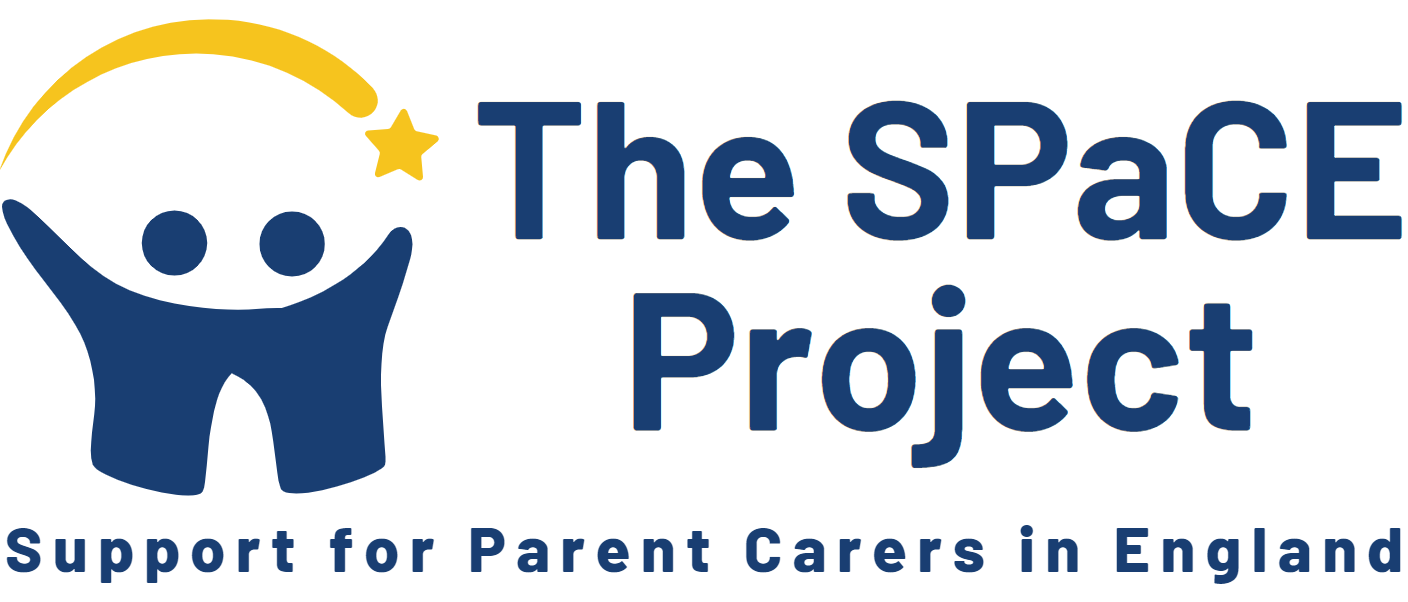Introduction
Parent carers of children with special educational needs or disabilities in England are likely to have high rates of mental health problems and an unmet need for support and treatment for their mental health. In addition, parent carers are likely to have been disproportionately affected by the Covid-19 pandemic. In this project we aim to gain understanding of the prevalence and pattern of mental health need, and the current pathways to identification, referral, and treatment for parent carers in England. This will highlight unmet need as well as good practice examples, and support improved access to effective recognition, support, and treatment for this under-served group
Activity
1) To examine the prevalence of mental health problems, specifically depression, anxiety, post-traumatic stress disorder (PTSD), and addiction among parent carers of children with special educational needs or disabilities (SEND) in the UK, before and during the Covid-19 pandemic.
2) To explore the current pathways to identification, referral, and treatment for mental health problems for parent carers in England.
The project is organised into two work packages:
Work package 1 includes three complementary studies of prevalence and need using population and primary care datasets and a focussed survey:
• An examination of the prevalence of mental health problems and changes from pre- pandemic amongst parent/carers of children with SEND in the Mental Health of Children and Young People in England (MHCYP) surveys 2017, 2020 and 2021.
• An investigation of the mental health of mothers of children with special educational needs or disabilities (SEND) in the UK before and during the pandemic using a retrospective cohort design utilising the Clinical Practice Research Datalink (CPRD), including whether the prevalence of mental health problems is impacted by parent carers’ ethnicity, socio-economic deprivation, and physical health conditions.
• An examination of the association of factors related to the caring role and parent carer mental health utilising survey data from the NIHR-funded Parent Carer Wellbeing Study.
Work package 2 includes:
• Mapping of pathways to identification, referral and support for mental health problems in parent carers of children with SEND in England; triangulating reports from parent carers, and professionals in social care, primary care, and children’s services
• Qualitative interviews with parent carers on their experiences accessing support for their mental health.
Anticipated Outputs
This project will provide information about the need and access to mental health services for parent carers, including the impact of the pandemic and regional variation. We plan for this project to lead to further research to develop and test strategies to overcome barriers to accessing evidence-based mental health treatment for parent carers with mental health problems. The ultimate intention is to benefit the mental health and wellbeing of parent carers and their families.
The SPaCE Project is funded by the Three NIHR Research Schools Mental Health Programme.

Collaborators
- Dr Tamsin Newlove-Delgado, University of Exeter
- Dr Madeleine Stevens, The London School Of Economics and Political Science
- Anna Walker, Sharon Foxwell, Parent Carer Co-investigators, University of Exeter
- Dr Luke Mounce, University of Exeter
- Dr Sarah Bailey, University of Exeter
- Dr Anna Price, University of Exeter
- Dr Siobhan O’Dwyer, University of Exeter
- Dr Sarah Walker, University of Exeter
- Shelley Norman, University of Exeter
PenARC Staff

Alice Garrood
Healthy Parent Carers Project Manager/Research Fellow
